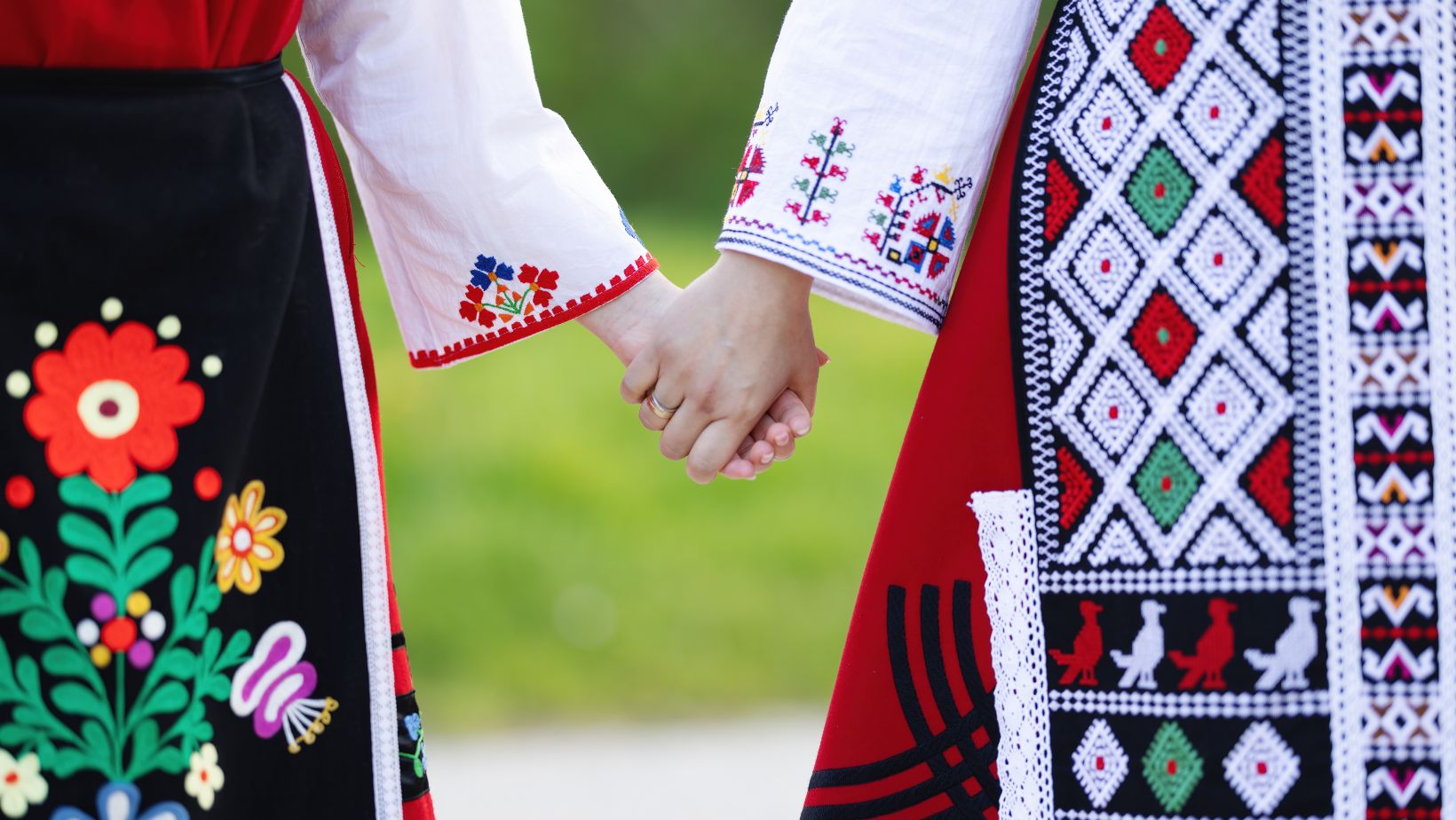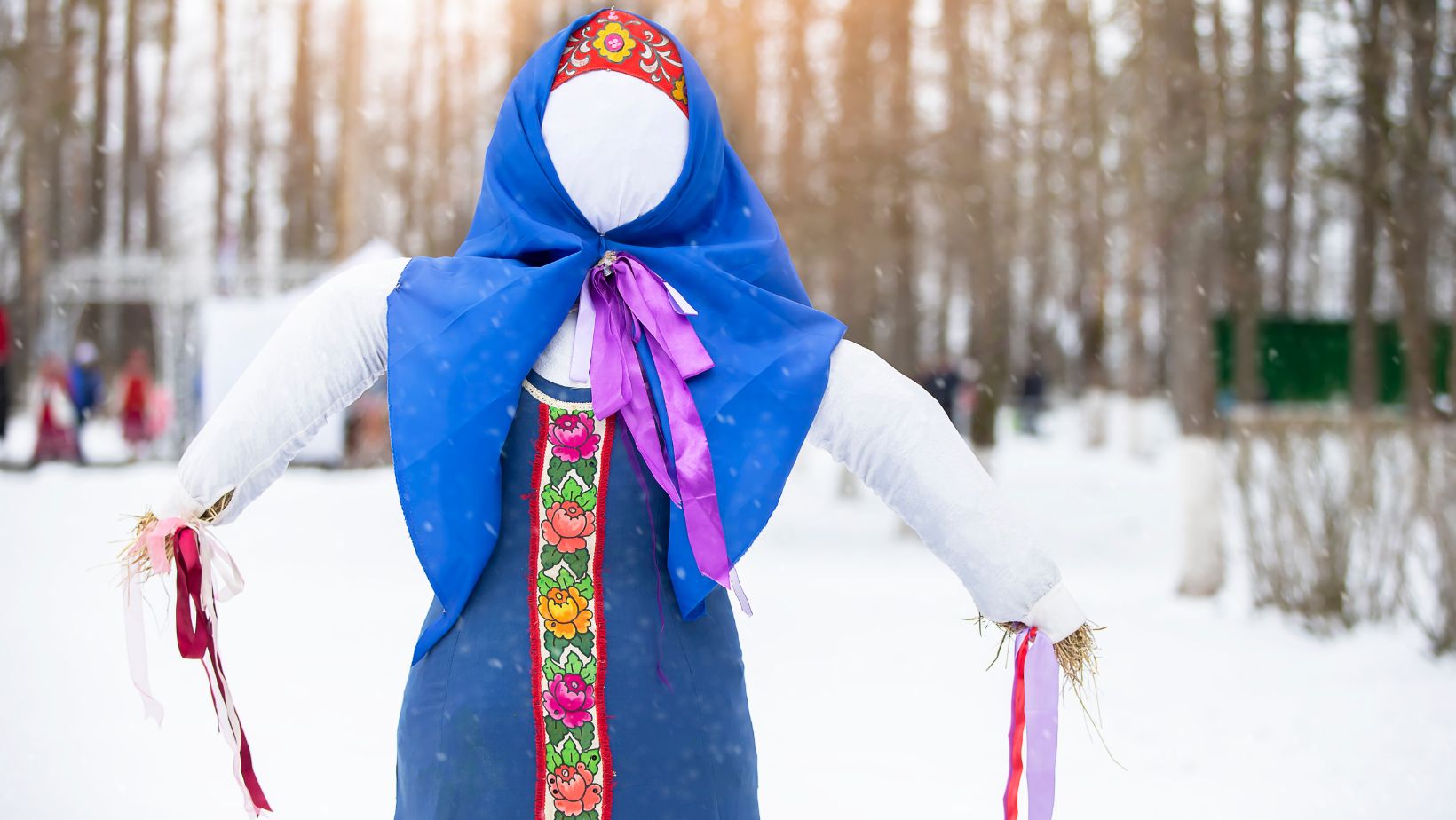When you explore Slavic culture, you’re stepping into a world steeped in rich traditions and deep-rooted values. You’ll understand the significance of name days and navigate the formalities of business meetings. Knowing these cultural nuances can significantly enhance your chances with Slavic brides on the site J4L.
While you might appreciate the vibrant celebrations and complex family dynamics, successful communication often hinges on recognizing and respecting these elements. Remember that uncovering much more could transform your interactions and connections within Slavic communities. What might seem like a simple gesture or phrase can hold layers of cultural significance.
Historical Roots of Slavic Culture
Slavic culture, with its rich tapestry of traditions and histories, has profoundly shaped the societies of Eastern Europe. Its origins are rooted in ancient tribes known for their unique languages and folklore.

Over centuries, these tribes evolved under various influences, from Byzantine to Ottoman, crafting a diverse cultural landscape. This evolution is crucial to understanding how historical shifts influence current artistic practices.
Essential Social Norms and Values
Understanding Eastern European societies’ critical social norms and values can significantly enhance your interactions within these cultures.
Respect, hospitality, and community are at the heart of these societies. Family ties are strong, and elders are highly valued.
Embrace these principles, and you’ll navigate Slavic social landscapes more effectively.
Celebrations and Festivals
Traditional festivals and celebrations are vibrant and significant components of Slavic culture. From the grandiosity of Easter, with its tasty paskas, to the Honey-Apple Feast of the Saviour — these events are steeped in tradition. They’re not just fun but found expression of identity and communal bonds.
Family Dynamics and Gender Roles
Traditional family structures are vital to everyday life in Slavic cultures. However, gender expectations are evolving, reshaping how men and women perceive and perform their roles.
Celebrating family milestones is integral in these cultures. These milestones are often marked with unique customs and significant gatherings.
Traditional Family Structures
Historically, Slavic family structures have emphasized clearly defined gender roles and a strong sense of community within the family unit. Men typically took on the role of breadwinners, while women were primary caregivers.
Extended families often lived together, reinforcing a tight-knit support network. Grandparents contributed significantly, passed down traditions, and helped raise children, strengthening familial bonds and cultural continuity.
Evolving Gender Expectations
Evolving gender expectations are reshaping traditional Slavic family dynamics and roles. More women are pursuing careers, and men are embracing caregiving roles. This shift challenges age-old norms and opens dialogue about family equality and partnership.

It’s not just about who earns or cooks; it’s about mutual respect and flexibility. Embrace this change to foster more robust, more balanced relationships.
Celebrating Family Milestones
As we reflect on evolving gender roles, we must consider how these changes enhance the celebration of family milestones in Slavic culture. You’ll notice how men and women organize and host events like birthdays, weddings, and anniversaries.
This shift leads to more prosperous, more inclusive celebrations that honor both the individual and the collective spirit of the family.
Tips for Effective Communication
To communicate effectively in Slavic cultures, you’ll need to master both verbal and non-verbal cues. Pay close attention to how your words might be perceived, and always maintain direct eye contact to show sincerity.
It’s crucial to pick up on subtle gestures and facial expressions. Remember, pauses in conversation are respected, not awkward. Being transparent and patient in your interactions will go a long way.
Conclusion
You’ve now explored the rich tapestry of Slavic culture, from its deep historical roots to its vibrant celebrations.
Embracing these norms and values will help you forge stronger relationships in Eastern Europe. Remember the importance of respect, tradition, and community.
Understanding and adapting to these elements is critical to navigating family dynamics, gender roles, or business practices.